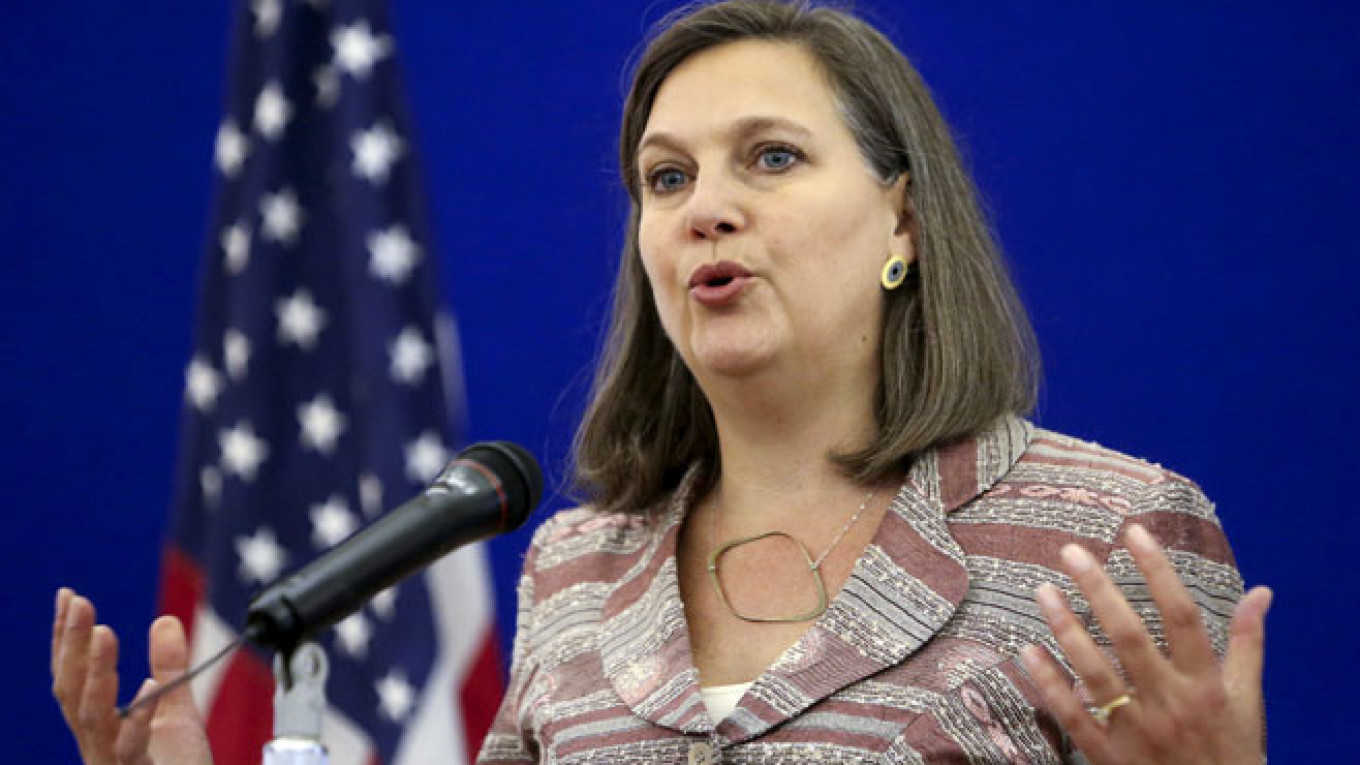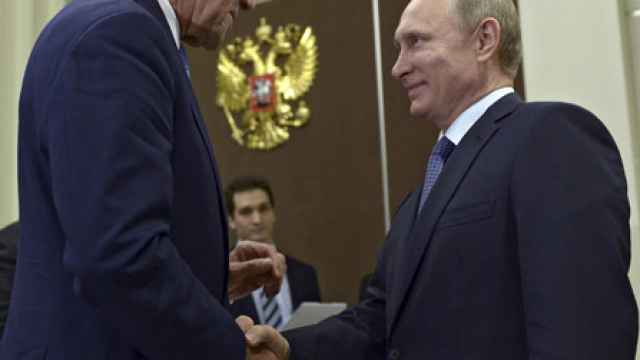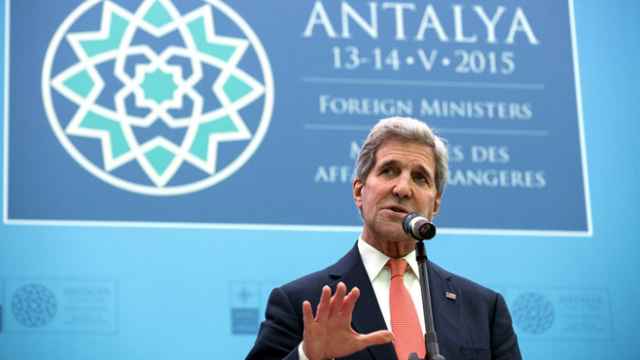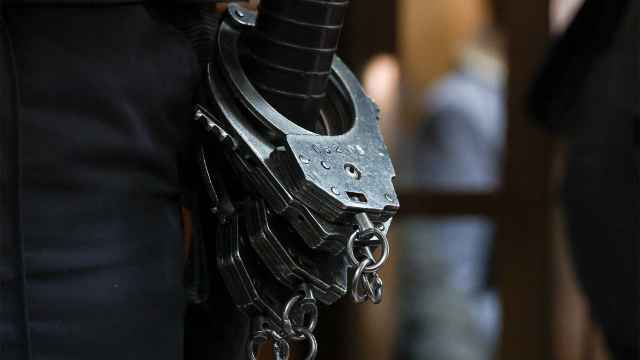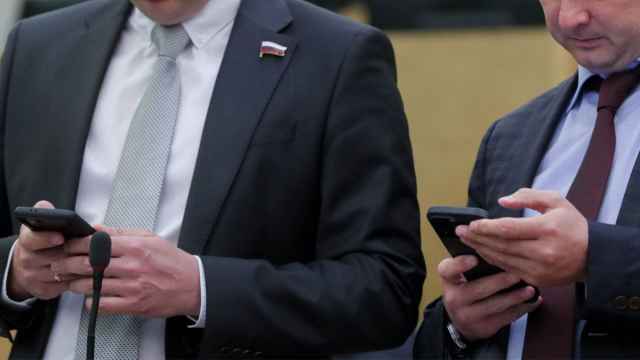A visit to Moscow by U.S. Assistant Secretary of State Victoria Nuland is a sign that relations between Russia and the United States may be improving, the Kremlin said on Monday.
Nuland's trip comes days after U.S. Secretary of State John Kerry discussed the conflicts in Ukraine and Syria with Russian President Vladimir Putin and Foreign Minister Sergei Lavrov in the Russian Black Sea resort of Sochi.
Asked if Nuland's visit was a sign of improving ties, Kremlin spokesman Dmitry Peskov told reporters: "Yes, when President Putin was meeting with Minister Lavrov and Secretary of State Kerry … it was mentioned that a closer dialogue … was needed."
Nuland, who was holding talks in Moscow with two Russian deputy foreign ministers, has been strongly criticized in Russia in the past over her support for pro-democracy activists in Kiev during mass street protests that toppled Ukraine's pro-Moscow president Viktor Yanukovych in February 2014.
Nuland was expected to explore ways of bolstering a fragile cease-fire in eastern Ukraine between Ukrainian government forces and pro-Russian separatists and of implementing other aspects of a peace agreement forged in Minsk several months ago.
Russia blames the crisis in Ukraine on what it sees as heavy-handed meddling by the United States in a region Moscow has traditionally seen as its sphere of influence.
The West, in turn, accuses Russia of backing the separatists with weapons and troops, charges Moscow denies. More than 6,100 people have been killed in the conflict since April 2014.
The Ukraine crisis has plunged relations between Russia and the West into their worst crisis since the end of the Cold War, but the United States needs Russian cooperation to tackle a host of other global issues including Iran and the Syrian conflict.
A Message from The Moscow Times:
Dear readers,
We are facing unprecedented challenges. Russia's Prosecutor General's Office has designated The Moscow Times as an "undesirable" organization, criminalizing our work and putting our staff at risk of prosecution. This follows our earlier unjust labeling as a "foreign agent."
These actions are direct attempts to silence independent journalism in Russia. The authorities claim our work "discredits the decisions of the Russian leadership." We see things differently: we strive to provide accurate, unbiased reporting on Russia.
We, the journalists of The Moscow Times, refuse to be silenced. But to continue our work, we need your help.
Your support, no matter how small, makes a world of difference. If you can, please support us monthly starting from just $2. It's quick to set up, and every contribution makes a significant impact.
By supporting The Moscow Times, you're defending open, independent journalism in the face of repression. Thank you for standing with us.
Remind me later.


